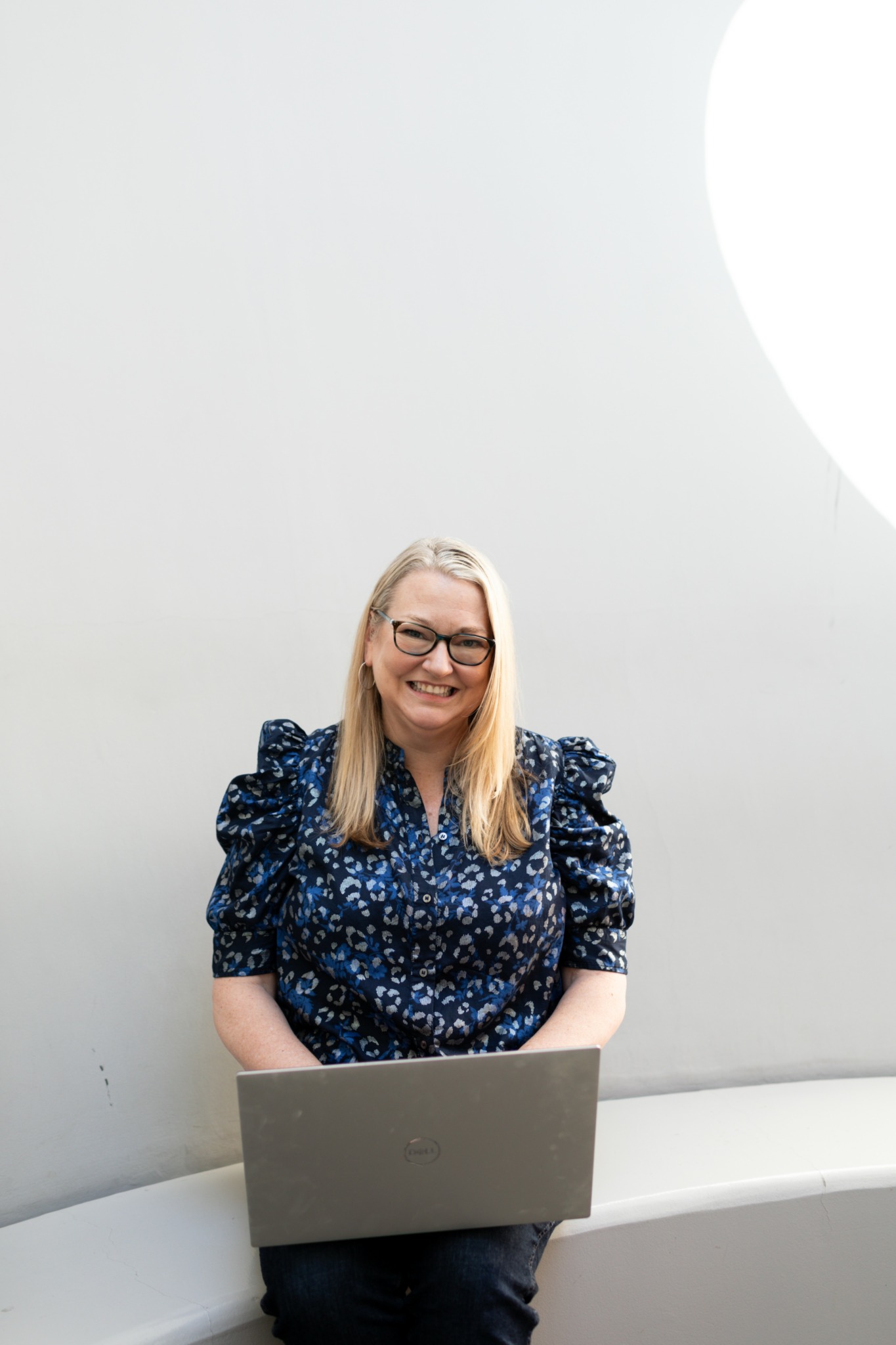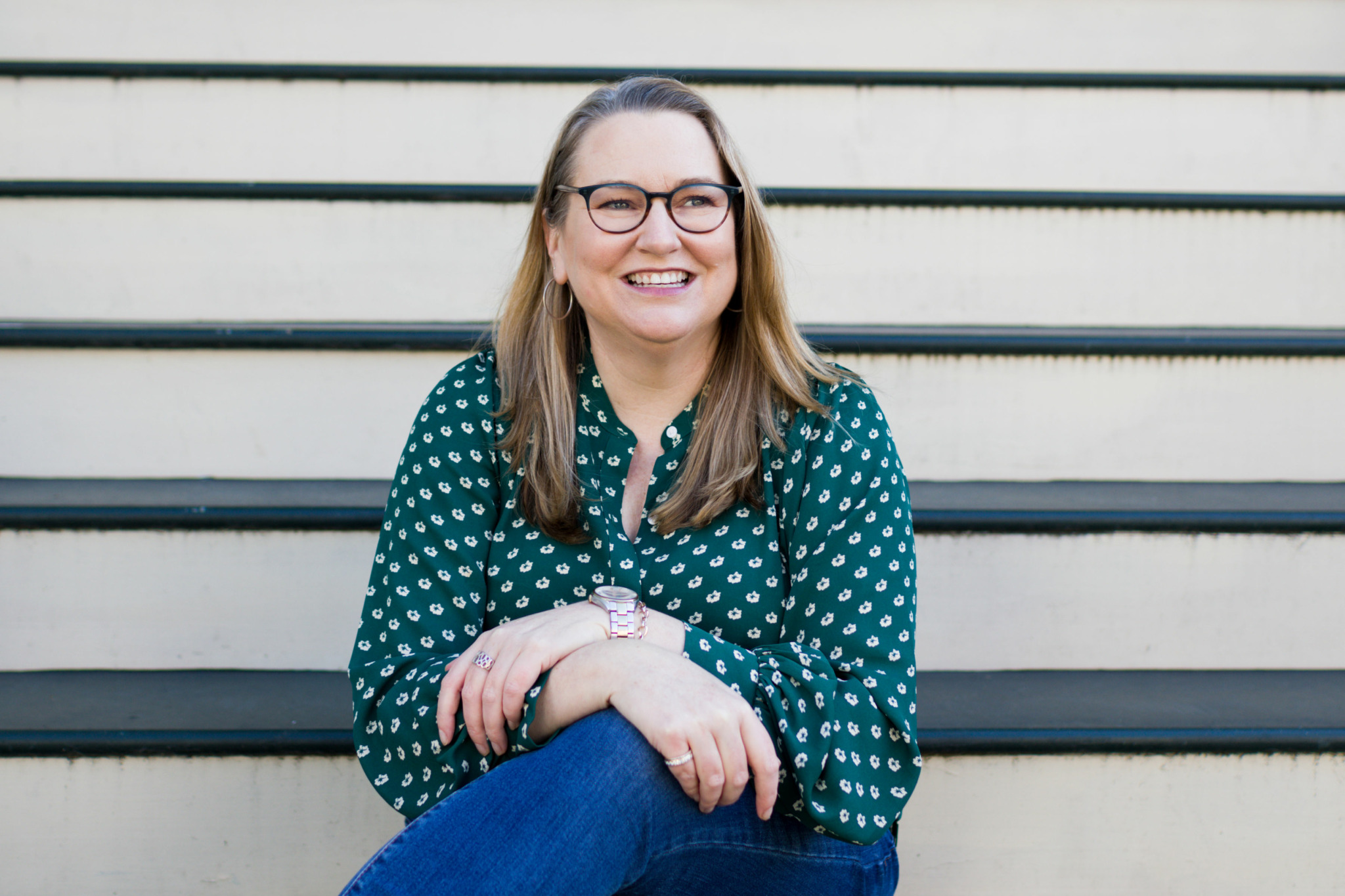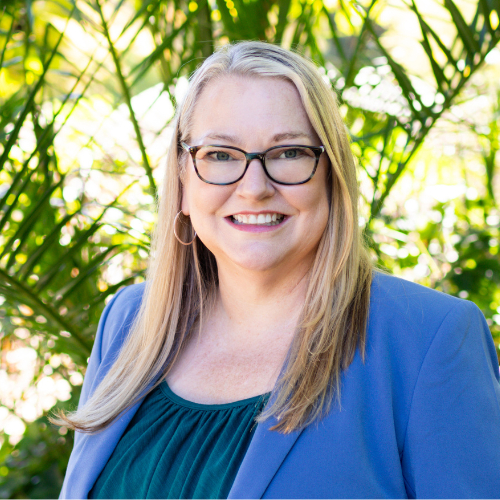We were lucky to catch up with Dana Zellers recently and have shared our conversation below.
Alright, Dana thanks for taking the time to share your stories and insights with us today. We’d love to hear from you about what you think Corporate America gets wrong in your industry and why it matters.
There is one main thing that Corporate America gets wrong when it comes to developing and supporting employees: they don’t provide the support needed beyond initial job skills. Most companies assume that if someone is technically proficient, they’ll naturally figure out how to navigate the organization. But success at work requires an entirely different skill set—focusing on the right priorities, navigating office politics, advocating for yourself, and working effectively with different personalities. If an employee happens to have a great manager, they might get some guidance. But most managers aren’t trained—or given the time—to truly support their teams.
I’ve worked with countless professionals who feel like they’re spinning their wheels, working harder and harder without real progress. Even high achievers often push themselves to the brink, sacrificing their well-being, which ultimately makes them less effective in their roles. One client, for example, was frustrated after repeatedly being passed over for leadership opportunities. When we took a closer look, it became clear that no one had ever shown them how to showcase their work or build the internal relationships needed to be seen as a leader. They assumed results would speak for themselves—but in Corporate America, results alone aren’t enough.
On top of that, they were unintentionally alienating colleagues by not “playing the game,” which strained their support network. Once they reframed their role and developed a few key skills, they were able to excel—not just in their career, but in a way that felt sustainable and authentic.

Great, appreciate you sharing that with us. Before we ask you to share more of your insights, can you take a moment to introduce yourself and how you got to where you are today to our readers.
I’m on a mission to change the way the world of work works.
As an Executive Producer and Program Director in Web Development, I saw firsthand how talented professionals struggled—not because they lacked skill or drive, but because they were overwhelmed by the demands of corporate life. They spent too much time on draining tasks, struggled to manage relationships, and often worked harder without truly moving forward. That realization led me to coaching.
Now, I help professionals and leaders succeed at work without sacrificing their personal lives. I dispel the myth that working harder is the key to success and instead teach a smarter approach using my signature framework, which focuses on clarity, productivity, and relationships. By helping individuals and teams work on the right things in the right way, they achieve better results while being happier, healthier, and more engaged.
As an award-winning coach, I’m certified through the Institute for Professional Excellence in Coaching (iPEC) and the International Coaching Federation (ICF). I work with clients one-on-one and in groups/teams. I also facilitate workshops/training, and speak virtually/in person.
What’s a lesson you had to unlearn and what’s the backstory?
One of the biggest lessons I had to unlearn—and one I now help many of my clients with—is the belief that I had to do it all.
In my role, there was never a finish line. My days were spent putting out fires and making sure I wasn’t the bottleneck, which meant my nights were left for catching up on non-urgent tasks and doing the deep work that actually required focus. It wasn’t sustainable. It hurt my health, my personal life, and ultimately, my career.
I thought being the person who got everything done would move me forward. Instead, it just got me more work. I wasn’t just being rewarded for overdoing it—I was also stepping in unnecessarily, simply because something “had to get done.” Yes, people saw me as a hard worker, but that overwork actually hurt me. It diluted my focus, drained my energy, and made it harder to prioritize what really mattered.
Once I shifted my approach, I was able to have a greater impact—without burning myself out. Now, I help my clients do the same, so they can achieve real success without sacrificing themselves in the process.

Have you ever had to pivot?
I started my career in traditional advertising, working at major agencies on large-scale campaigns. Not to date myself, but when internet content started taking off, I joined a team figuring out how to integrate advertising into the digital space. In fact, I was part of the team that launched the first banner ads on HotWired Magazine. That shift led me into website development, and from there, I saw firsthand how technology was constantly evolving—and how adapting to change was key to staying relevant.
When I transitioned into Executive Coaching, I wasn’t just bringing tactical skills. My experience navigating new industries, solving complex problems, and collaborating across teams gave me a unique perspective on resilience and adaptability. Those skills didn’t just help me pivot—they now help my clients navigate their own career shifts with confidence. The workplace is always changing, but with the right mindset and tools, you can be ready for whatever comes next.
Contact Info:
- Website: https://www.danazellers.com/
- Instagram: https://www.instagram.com/dana_zellers/
- Linkedin: https://www.linkedin.com/in/dzellers/
- Twitter: https://x.com/dana_zellers
- Youtube: https://www.youtube.com/channel/UC42NYUguZmPdQCgenDKgTbw

Image Credits
Sarah Deragon


